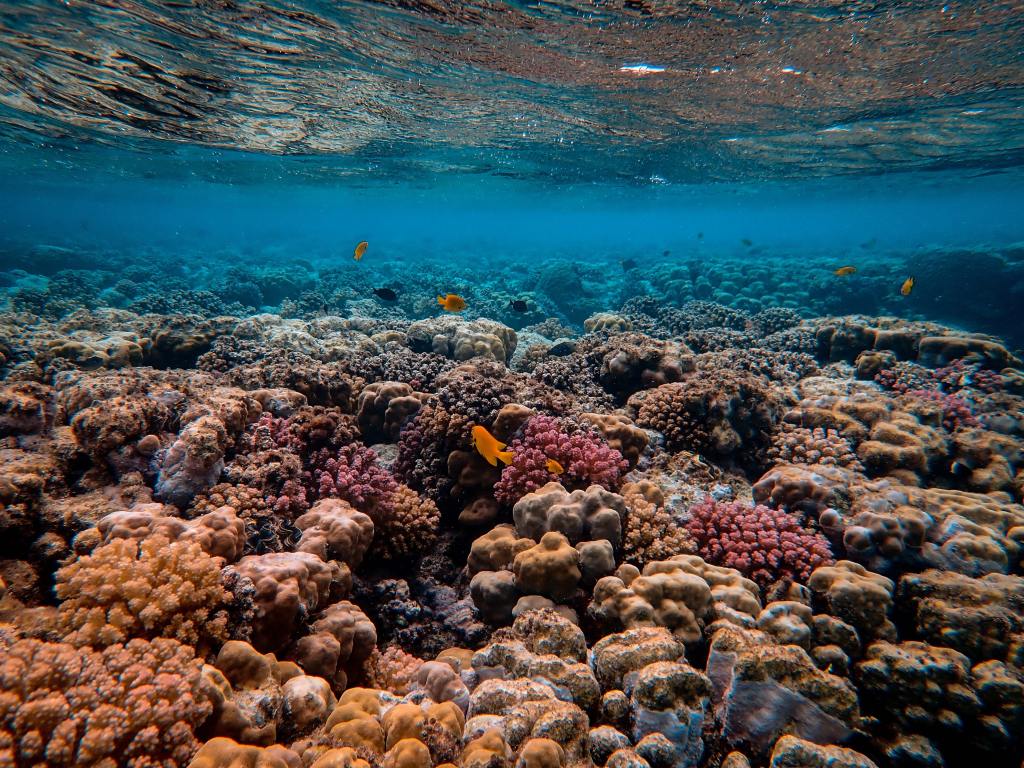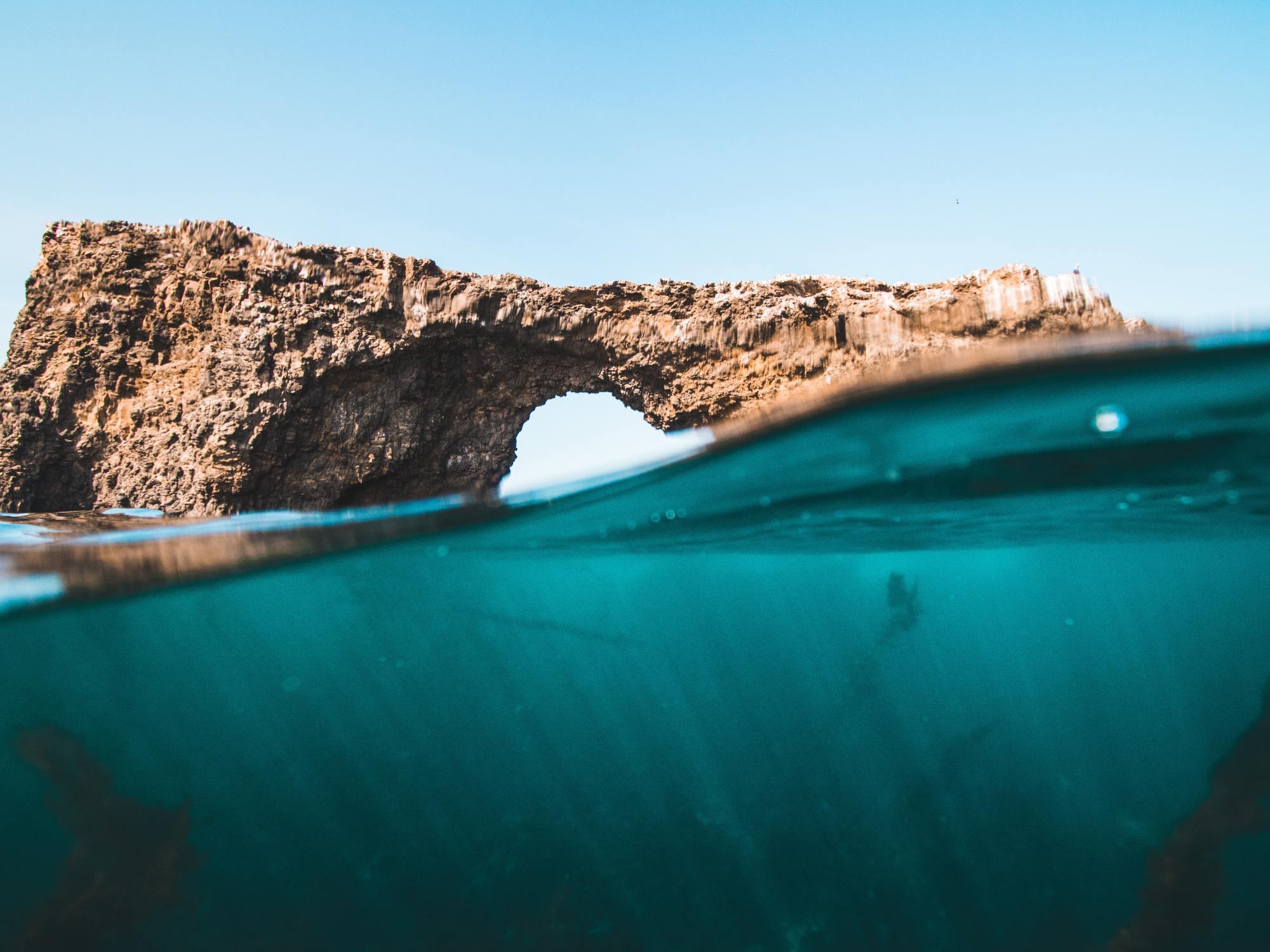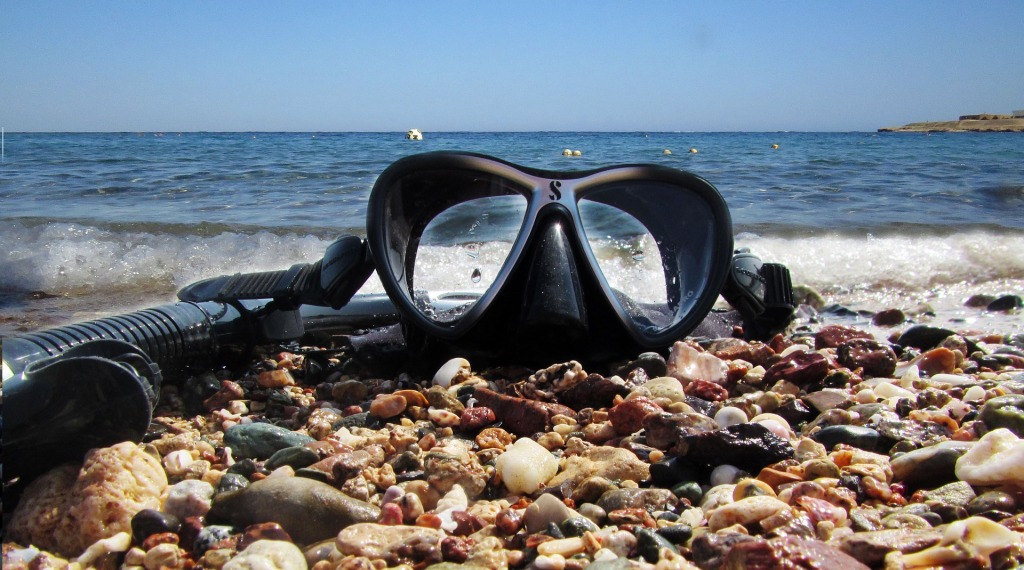We dive not escape life, but for life not to escape us.
Unknown
Scuba diving was something I always wanted to try. When I heard my college (East Carolina University) had a program that I could take, FOR ACTUAL CREDIT FOR MY DEGREE, I knew it was time to get certified. I spent the next 6 months learning in the classroom and practicing skills in the pool. Long story short, I got my basic Open Water Certification and spent the next two years working my way from Advanced Open Water to Rescue Diver to Master Diver, and finally to Dive Master.
Scuba is one of the most incredible experiences a human being can have. Breathing underwater, being that close to wildlife you almost never see and coming face to face with it, and just submerging yourself in the ocean is freaking AMAZING. That being said, it’s dangerous if you don’t know what you’re doing. Below I’m going to go into a lot of depth on what you’re getting yourself into and what to look out for because everyone should be able to enjoy the ocean without fear.
Is Scuba Diving Dangerous?
There are so many ways to get hurt during scuba diving, which is why it’s called an extreme sport. You could have an equipment malfunction, ascend too quickly, panic, decompression sickness, or provoke an animal underwater. Even medications and medical conditions react differently under pressure. Without going into gruesome detail, you can burst a lung in ~6 inches of water if you aren’t careful, so it’s crucial to be knowledgeable before ever taking that giant stride into the water.
Why Should I Get Certified Before My Trip Instead of During?

To keep yourself safe. Most certification courses take about 5 days not including your checkout dives. You will have two full classroom days to learn the basics of diving, pressure, types of diving conditions, hand signals, your equipment, and the do’s and don’ts of diving.
Once you receive the classroom education you will progress to learning about your equipment and doing basic scuba skills in a shallow pool. You’ll learn mask and snorkel clearing, how to achieve neutral buoyancy, practice hand signals, and get comfortable breathing underwater to name just a few things. Then you’ll practice in a shallow lake in slightly more realistic conditions. THEN, you’ll get to go in the ocean.
These things sound simple and they are…until you add your brain into the mix. Humans are not hardwired to breathe underwater (dang it). Our brains can and will go into panic mode. Simply putting a mask on will panic many people and that’s completely okay. It’s this reason we practice so much in shallow water where we’re less likely to hurt ourselves and others.
Getting certified in a controlled environment that is under the watchful eye of seasoned professionals is ideal. You’ll be a much safer diver and will be less likely to come to harm. When you’re on vacation do you really want to sit indoors and listen to someone talk about water pressure and time tables? No. You want to have fun and see coral reefs or shipwrecks. Do yourself a favor, get certified before your trip so you can master the basics. Your trip will be WAY more fulfilling.
Can’t an Instructor Just Take Me Diving Without Having to Get Certified?

No. No, no, and more no. If an instructor says they will take you in the ocean, aka OUT TO SEA, without you ever being certified run screaming in the other direction. As fast as you can.
Imagine this scenario. If a neurosurgeon came up to you and said “hey, want to operate on a brain? Cool. I’ll let you. Just do as I say.” I’d imagine you would be like wow this person is insane. It’s the same with scuba. You could not only harm yourself, harm others, and you could also lose your life. An instructor is only one person. Yes, they are trained in rescue techniques, but if there are multiple uncertified people they are taking out on a dive, how many do you think one person can save? Hint: it’s not many.
What Equipment Do I Need and How Much Does Scuba Cost?
Now for the fun stuff! You don’t have to go crazy and spend hundreds of dollars. While scuba can be expensive, you only really need to buy a few things:
- Mask — $50-$75
- Snorkel –$15-$20
- Gloves — $20-50
- Booties — $50-$100
- Optional: fins — Varies
Masks should be fitted to your face and the inner seal shouldn’t be right against your eyes. You need a good, personalized fit so water doesn’t always get in. You should really try to avoid renting personal gear that will be on your face, hands, and feet, especially during this pandemic. They are lightweight, small, and easy to carry so it’s a great investment. If you take care of them they can last years. I have the same equipment from 2010 because I keep it in great condition.
Other equipment can always be rented. In fact, I highly recommend this for beginner divers. There are so many different types of BCs, wetsuits, dive computers, regulators, and fins that you should “shop” around to find out what suits you best. Learn where you like diving before you commit to spending a bunch of money on these more expensive items. Expect to invest several hundred dollars in gear and another several hundred on training.
Under What Conditions Should I Do My First Dives In?

Your checkout dives will usually be in a quarry or inland lake, but sometimes you’ll go out in the ocean for a shallow water dive. As a certified open water diver, you should stick to depths above 60 feet and aim for clearer conditions with no current. My advice is always master the easy conditions and gradually add more complicated elements. If you want to practice in lower visibility situations, try a quarry in the summer first as the water won’t be as clear, but you’ll be in a confined space with no current. A crystal clear beach with nearby coral reefs is a great place to start if you’ve mastered buoyancy.
Red Flags to Watch Out For
- Dive shops allowing you to dive without a certification
- One-day certifications
- No equipment checks on the boat
- Allowing divers to drink on the boat before diving
- Instructors or crew mates giving out medication other than dramamine
- No safety briefing
- Allowing novices to dive at a complex site
- Groups of over 8 people with just one instructor or dive master
Look, but Please Don’t Touch

Holy crap we’ve made it and now we’re underwater looking at a shipwreck up close and personal. LOOK at that sting ray! YES it’s a sea cucumber! ALL THE FISH AND CORAL. Don’t touch it. Even if you’re wearing gloves.
The oil from your hands can harm coral and it’s never a good thing when marine life thinks humans provide food, especially if they can get aggressive. Just touching the railing of an underwater shipwreck can destroy the life growing there and there will be life growing on every single space available.
Master your buoyancy for the sake of your inner ears and the wildlife. If you’re bobbing up and down constantly you won’t have a great time and you won’t see as much, plus you could damage an area that may never recover. If you see trash, pick it up and put it in your bag. Leave the site in better condition than you found it so everyone can continue to enjoy it.
If you find an artifact, LEAVE IT THERE. My inner archaeologist will yell at you if you pick it up. That’s for another post on another day.
Did You Make It This Far Down?
Scuba is an awe-inspiring experience. There’s just nothing like it. While it can be dangerous, the more training and practice you get, the safer you will be. I know this post got a little dark in some places, but I want you to be safe and truly enjoy the magic that is scuba diving. Have any questions? Please ask! That is one of the reasons I became a diver master after all!
Don’t forget to follow my adventures and small business on Instagram!
Personal: https://www.instagram.com/adventures_of_emma_and_atlas/
Small biz: https://www.instagram.com/curious_artifact_lancaster/



Superbly researched and written; well organized critical details; comprehensive and broad perspective; with assuredly life saving professional advice; and respect for underwater life – with or without fins and a tail. Everyone interested in diving, should be privileged to familiarize themselves with this outstanding orientation.
LikeLike
AMAZINGGGG !!
LikeLiked by 1 person
Thank you so much!!
LikeLike